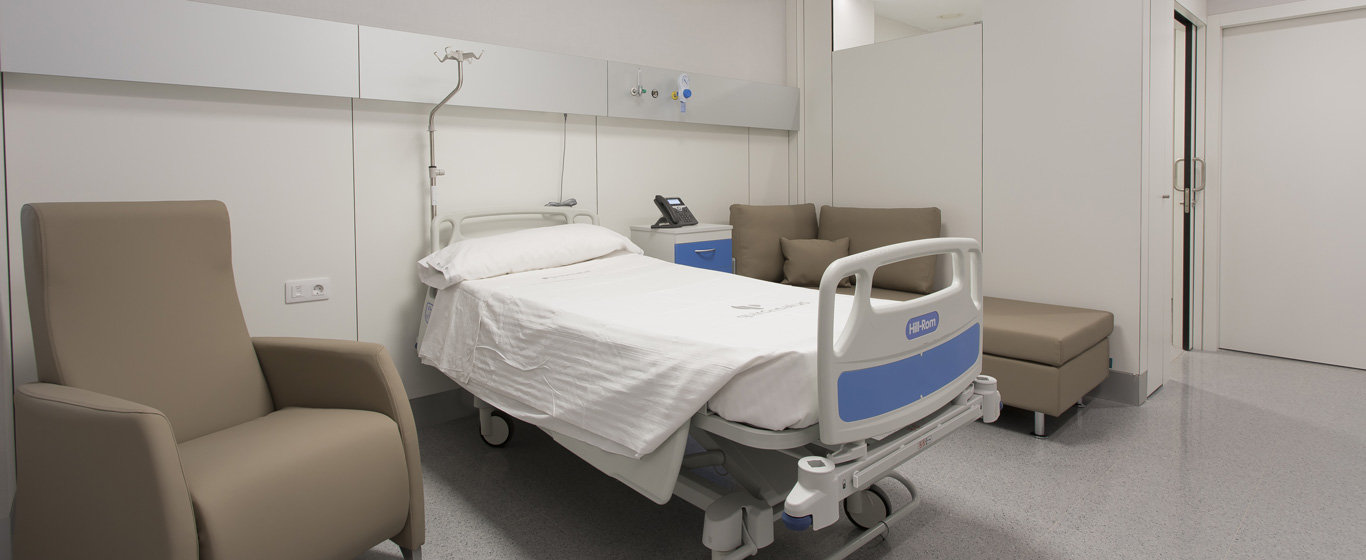Gastroesophageal Reflux Disease
What is gastroesophageal reflux disease? Information on the causes, symptoms, and treatments for this condition.
Symptoms and Causes
Gastroesophageal reflux disease (GERD) is a digestive system disorder in which stomach contents return to the esophagus due to dysfunction of the lower esophageal sphincter, which is responsible for preventing this backflow.
Since the fluids involved in food digestion are highly acidic, their presence in the esophagus can cause irritation, worsen symptoms, and lead to complications. Discomfort from regurgitation tends to increase after meals, at night (when lying down), or when bending the torso.
Symptoms
The most significant symptoms of gastroesophageal reflux disease are:
- Heartburn (a burning sensation in the esophagus).
- Acid regurgitation.
- Hoarseness caused by irritation of the larynx.
- Breathing difficulties or asthma if acid is aspirated.
- Dysphagia (difficulty swallowing).
- Laryngitis.
- Cough.
Causes
Gastroesophageal reflux occurs when the lower esophageal sphincter is weakened or does not close properly, allowing stomach acid to flow back into the esophagus.
Risk Factors
Some factors that contribute to the onset of gastroesophageal reflux disease include:
- Obesity.
- Pregnancy.
- Hiatal hernia (the upper part of the stomach moves up through the diaphragm).
- Smoking.
- Excessive alcohol or coffee consumption.
- A diet rich in fats and spices.
- Certain medications like aspirin, bronchodilators, or antidepressants.
- Lying down after eating, when less than three hours have passed since food intake.
Complications
Some patients experience complications from gastroesophageal reflux disease, though they do not always occur. The most common ones include:
- Esophagitis: inflammation of the esophagus caused by gastric acids.
- Esophageal stenosis: narrowing of the esophagus due to irregular tissue scarring.
- Barrett's esophagus: a condition in which the esophageal mucosa takes on characteristics of the stomach lining.
Prevention
The best way to prevent gastroesophageal reflux disease is to:
- Maintain a healthy weight.
- Follow a balanced diet.
- Wait about two hours before lying down after eating.
- Eat small amounts.
- Reduce alcohol and tobacco consumption.
Which doctor treats gastroesophageal reflux disease?
Gastroesophageal reflux disease is diagnosed and treated in digestive system consultations or, when necessary, general surgery.
Diagnosis
The study of symptoms is crucial for diagnosing gastroesophageal reflux disease. To confirm the diagnosis and rule out complications, the following tests are usually performed:
- Gastroscopy: A flexible tube is inserted through the mouth to observe the internal condition of the esophagus and stomach.
- Contrast X-ray: A liquid is administered to the patient to check how the cardia (the valve that closes the stomach) functions.
- Esophageal manometry: Assesses how the esophagus contracts when swallowing. A thin probe is inserted through the nose into the stomach.
- pHmetry: A probe is also used through the nose, kept in place for 24 hours to measure the acidity level of the esophagus and detect when reflux occurs.
Treatment
In most cases, both medications and changes in diet and lifestyle improve the condition of patients with gastroesophageal reflux disease:
- Medications: Not always necessary. Antacids and medicines that reduce stomach acid production are the most common.
- Lifestyle changes include measures to prevent the disease: following a balanced diet, reaching an ideal weight, avoiding large meals, quitting smoking, and reducing alcohol consumption, among others.
When medication does not achieve the desired results or needs to be maintained for an extended period, a fundoplication is recommended. During this surgical procedure, the esophageal sphincter muscle is tightened to restore its original function.

































































































